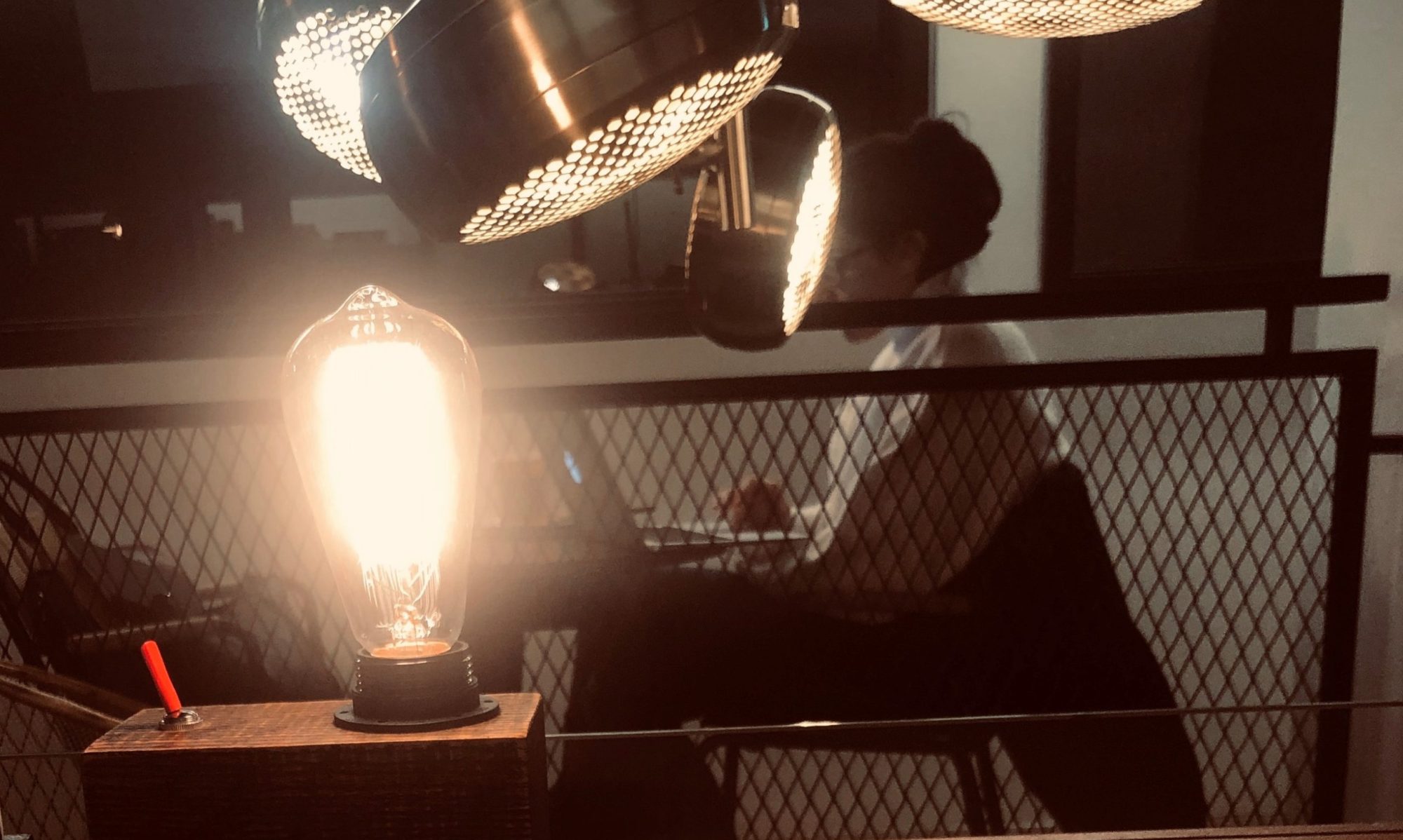Normalize the sadness of others – People are often too scared to acknowledge their sadness in public or express it in any way, in fear of what others may say/think/feel. We cry silently at night, wipe our tears in the morning, put on heavy concealer and mascara, or blame the puffy eyes on sleep deprivation.
We smile and laugh the whole day long, even if all we are thinking of are ways to die. We joke about other people’s sadness, might even call them dramatic or over-sharers, because normalcy is to suppress mental health and attack the ones who show it.
It is okay to be sad in public; this should never be labeled as attention-seeking or inconsiderate. You get to feel, you literally get to feel.
It pains me to see people roll their eyes at other people’s sadness or call it “cheesy”, we are humans, and emotions are part of who we are, and everyone is entitled to feel as free as they want.
My teen years were not my brightest days, my therapist says I had major depression with suicidal ideation and PTSD, but I never really showed it outside the few steps of my room. My best friend, the family, had a little sense, but no one really knew how hard it was to wake up in the morning and survive.
All the crap about “it will get better” or “you’ll look back years later sitting next to your loving husband and child and regret…” did nothing. I did not want it to get better, and I did not a husband or a child or a future or happiness. I just want it all to end.
I had a really close friend who I really enjoyed talking to, and we grew close because it was easy to talk to him, and he made me laugh a lot. There was a time where the darkness in me and around me was just too much to handle, and I started sharing a little about what was happening, telling him that I don’t really feel like talking right now or telling him bits and pieces of my suffering. We suddenly stopped talking, and months went by, and I missed him. I texted him once and asked him what happened between us, to which he replied, “you got too depressing for me.”
Since then, I vowed that not only will I not share my sufferings, but also never show them. I felt ashamed of my sadness, something that makes me unwanted and drives people away from me, and I never wanted that. I thought that it would be easier to let it kill me in silence than let it kill me out loud.
But that was not true. I was literally dying, and I could not tell anyone. The pain was unendurable, especially for a 16 years old, there was nothing that made it go away, and all I could do was sit with no lights and cry until my throat hearts. A year before, at 15, I chose to recluse myself from everything and everyone, leaving myself with only two friends and the a growing heavy upon my shoulders.
Years later, and as I volunteered with Embrace and learned so much about mental health, I realized that the single most important thing in recovery is acknowledging feelings and sharing them. There is a whole other world in sharing, and I cannot stress enough how much this can help in recovery. Sometimes sharing fears and feelings in a safe place with incredible support is all the therapy we need to prosper and get out of the bleak abyss.
But how are we going to share if feelings are labeled and judged upon? How are we to share if feelings are considered an opposite to masculinity and femininity is equivalent to the concept of a drama queen?
We need to normalize feelings, to support those who want to share yet feel obliged to crack a joke after being too emotional or talk about personal mental health issues with a smirk, laughing nervously, and looking all around in fear that someone might be laughing.
Please encourage people when they try to tell you about a certain bad mood or a mental disorder, do not shrug them or call them any shameful name, whether it’s a guy or a gal, they deserve a safe environment where they are comfortable enough to vent and put aside a little of the heavyweight they are probably carrying.
When you dismiss people’s troubles and undermine what they are feeling, you contribute to feeding the monster within them, which will reflect on their personalities and behaviors and contribute to their bad life decisions and the already tolling society.
Let us normalize sadness in public; if anyone approached us saying that they are sad, let us make sure they are heard, and they are loved, and that even though we may not help in any way, we acknowledge their feelings and are there for them. A healthy society starts with mental health, and if therapy is too stigmatized or overprized, we need to start to create internal safety and cheaper places for recovery.
No one deserves to suffer in silence; no one deserves to be lonely while the millions of conflicting shards of pain stab his or her heart at night.
If you’re not comfortable talking to a close person, talk to a stranger. Embrace’s helpline is 1564, and I promise you, they will help. Please don’t give up on yourself, not yet, at least. I love you, and even though you may think no one loves you, I promise you somebody does, and somebody will, because you are beautiful and because you deserve to be loved.









